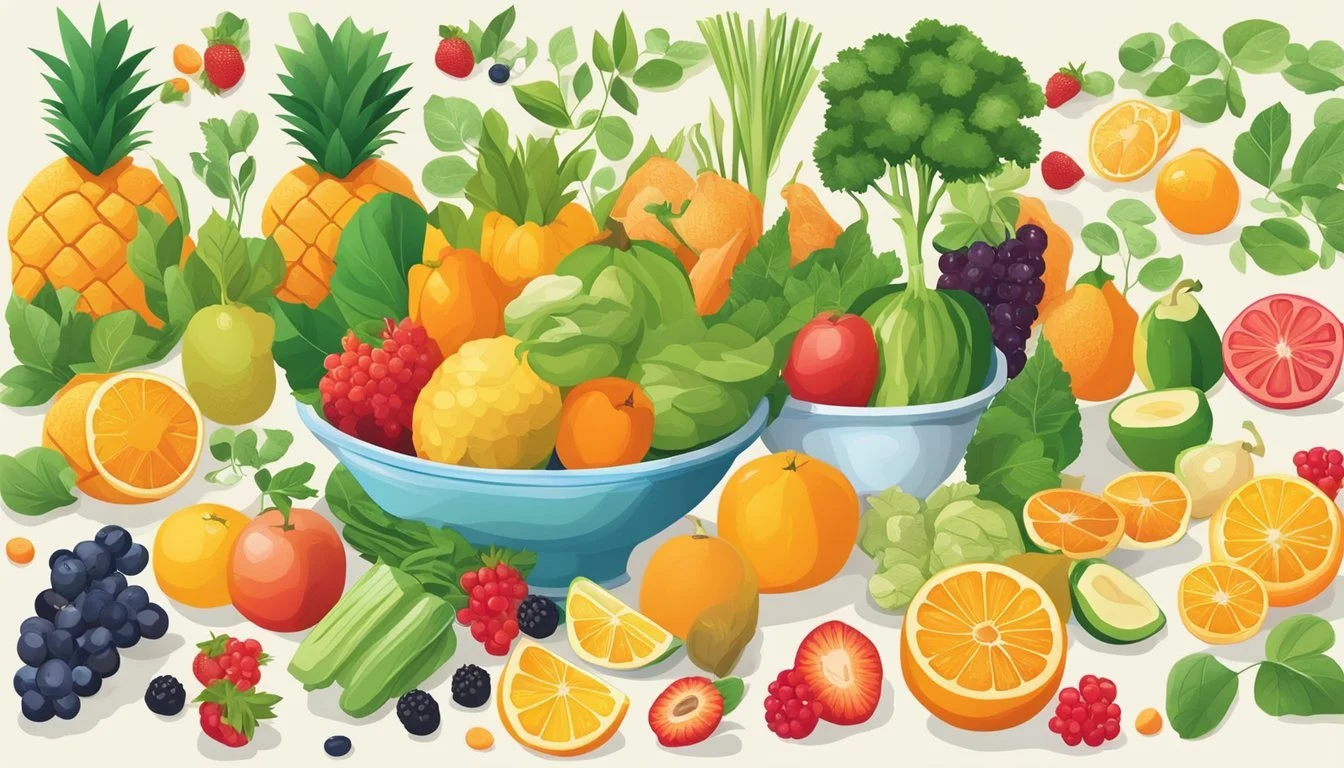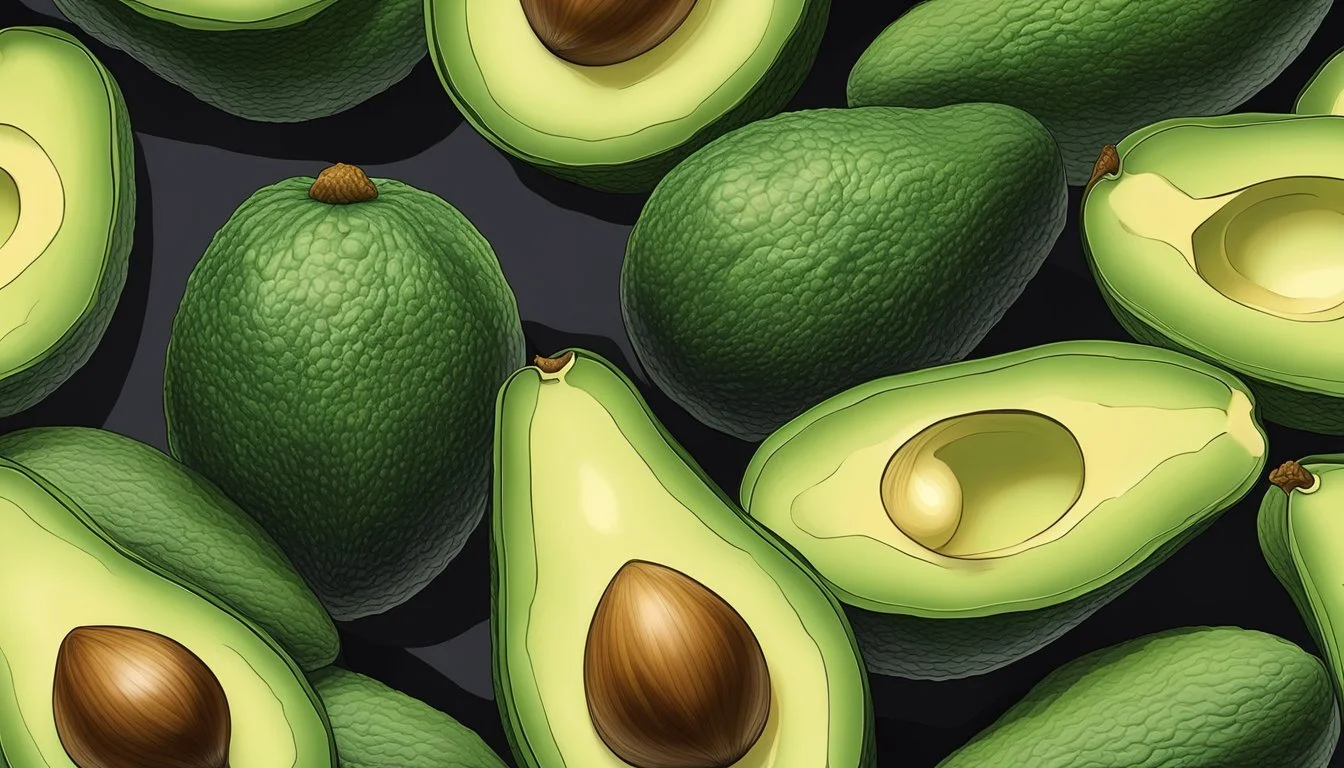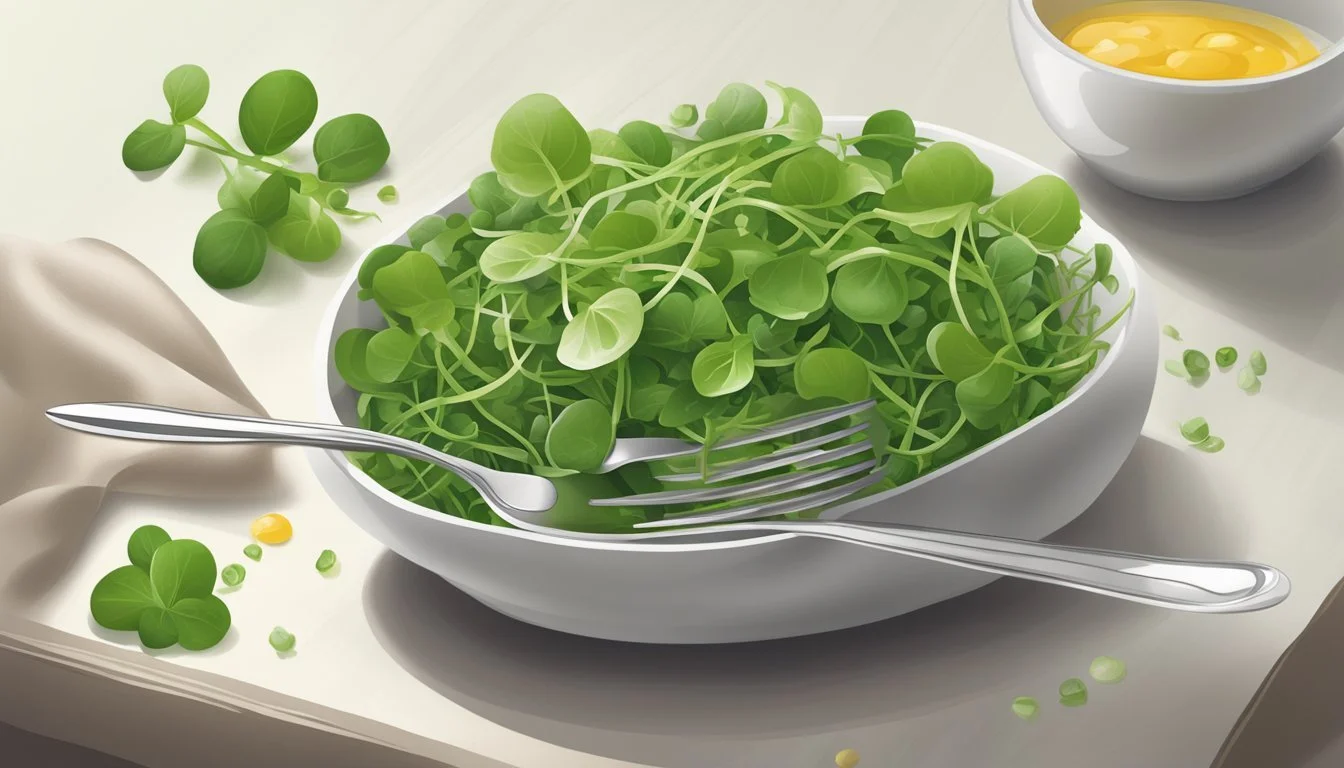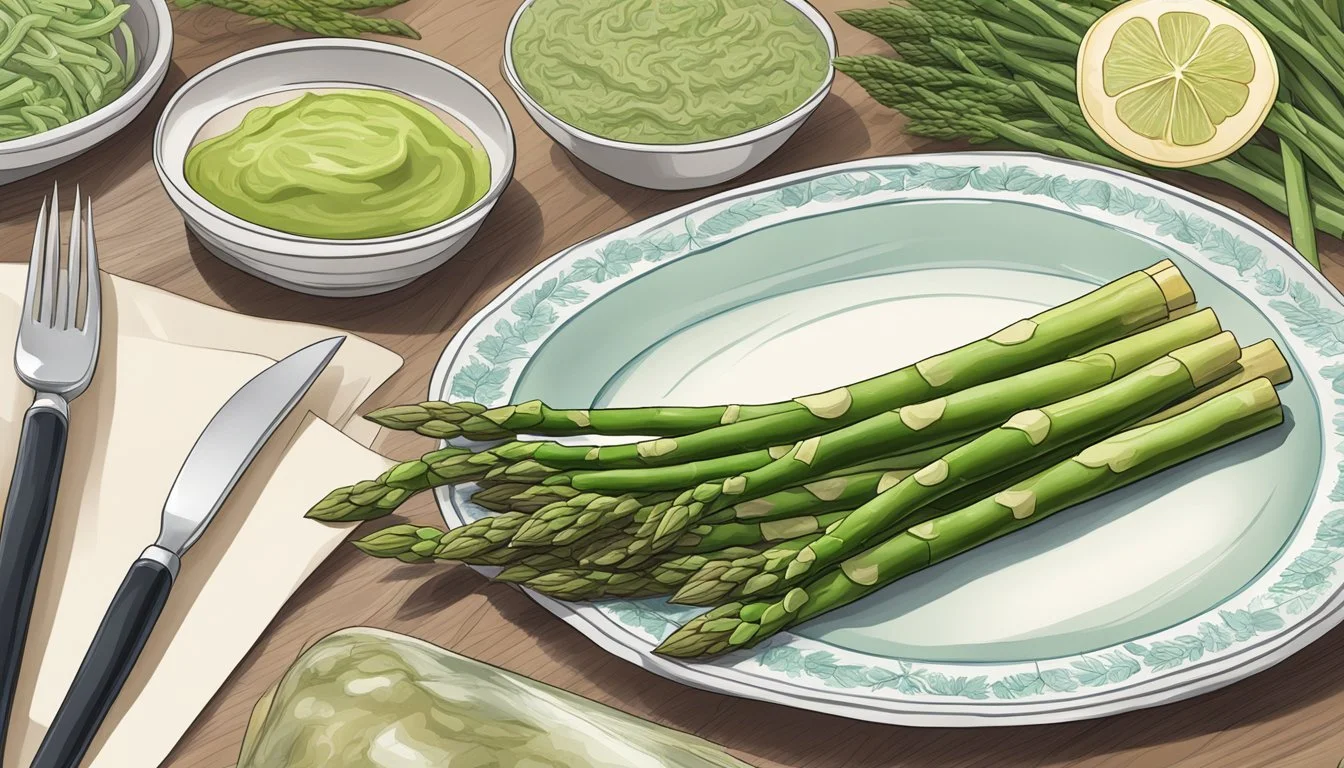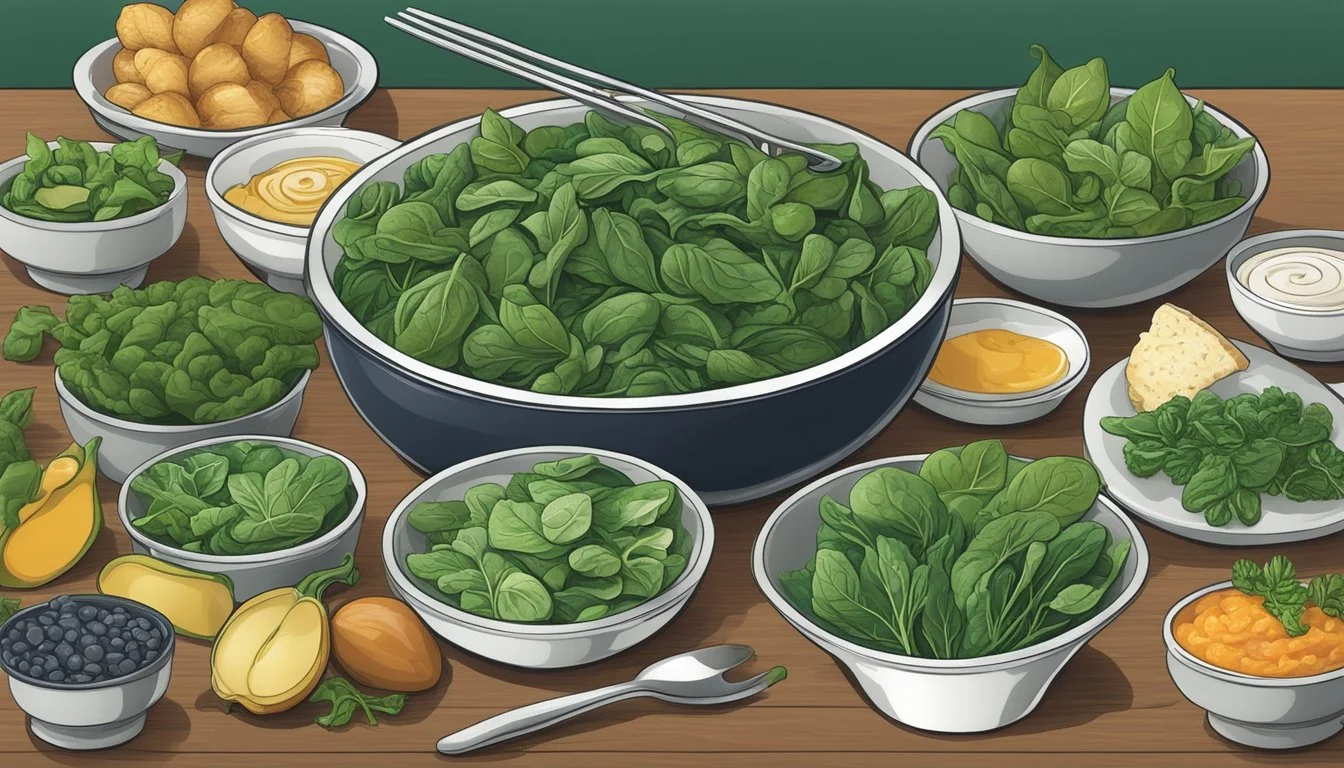Powerful Foods That Combat Varicose Veins Naturally
Diet plays a significant role in managing varicose veins, a common condition where veins become enlarged and twisted, often causing discomfort. Incorporating specific foods into one's diet can have a beneficial impact on vein health by supporting blood flow and reducing the pressure on veins.
Understanding the right dietary choices can help prevent varicose veins from worsening and provide relief from symptoms. By focusing on foods rich in essential nutrients, individuals can take proactive steps to maintain healthier veins and improve overall vascular health.
1) Blueberries
Blueberries are a powerful ally in the management of varicose veins. These small, vibrant berries are rich in antioxidants, particularly flavonoids, which help to strengthen vein walls and improve circulation.
The anti-inflammatory properties of blueberries can reduce swelling and discomfort associated with varicose veins. Regular consumption can aid in maintaining a healthy vascular system.
Incorporating blueberries into the diet is easy and versatile. They can be added to cereals, smoothies, salads, or eaten on their own as a refreshing snack.
The fiber content in blueberries also promotes overall digestive health. Reducing strain on veins, fiber helps improve blood flow and reduces the risk of developing new varicose veins.
2) Ginger
Ginger is a popular natural remedy for varicose veins. Its properties can promote improved blood circulation and help break down fibrin in blood vessels. Fibrin is a protein that can accumulate around varicose veins and make them more prominent and hard to manage.
Consuming ginger regularly can help alleviate some of the symptoms associated with varicose veins. The spice reduces inflammation, which can protect veins from damage. Additionally, ginger can dissolve substances that may pool in the blood vessels, further improving their condition.
Incorporating ginger into the diet can be simple and beneficial. It can be added to various dishes, teas, or even consumed raw. This makes it an accessible option for those looking to manage their varicose veins through dietary changes.
Scientific studies support ginger's role in improving circulation, making it a natural and effective choice for supporting vein health. By enhancing blood flow and reducing inflammation, ginger can play a vital part in managing varicose veins symptoms.
3) Avocados
Avocados are highly beneficial for those dealing with varicose veins. They are packed with essential vitamins, including Vitamin C and Vitamin E. These vitamins are known for their positive effect on vein health.
Vitamin C in avocados acts as an anti-inflammatory agent, helping reduce swelling in affected veins. It also contributes to collagen production, which strengthens the walls of veins.
Vitamin E serves as a natural blood thinner, preventing the formation of blood clots. This can reduce pressure on varicose veins, easing discomfort and improving blood flow.
In addition to vitamins, avocados are rich in glutathione. This powerful antioxidant protects veins from oxidative damage, which can exacerbate varicose veins.
Healthy fats in avocados also play a role. They promote better circulation and overall cardiovascular health. This can be crucial for those aiming to manage varicose veins effectively.
Incorporating avocados into a regular diet can be a simple, natural way to support vein health. Their nutrient-rich profile makes them a staple for anyone looking to alleviate varicose vein symptoms.
4) Beets
Beets are a powerful ally for those dealing with varicose veins. Rich in nitrates, beets help in expanding blood vessels, which can improve circulation. This improved circulation can alleviate some of the symptoms associated with varicose veins.
Betacyanin, a compound found in beets, reduces levels of homocysteine in the body. Elevated homocysteine has been linked to blood vessel damage, so consuming beets may help protect the veins.
The natural compounds in beets also support overall vein health. Regularly including beets in the diet can contribute to maintaining healthier and more resilient blood vessels. This makes them a beneficial addition to a diet aimed at managing varicose veins.
Beetroot juice is another effective way to consume this vegetable. Its high nitrate content can help lower blood pressure, further promoting vascular health. Drinking beetroot juice, or incorporating beets into meals, can be an easy and tasty way to support vein health.
5) Watercress
Watercress, a leafy green often lauded for its nutrient density, can be beneficial for individuals with varicose veins. This vegetable is rich in fiber and vitamin E, which aid in repairing damaged blood vessels.
Known for its peppery flavor, watercress contains antioxidants that help support vein health. It has been admired since ancient times for its healing properties.
Hippocrates, the father of medicine, esteemed watercress highly, calling it the "cure of cures." Incorporating it into salads, sandwiches, or as a garnish can add both flavor and health benefits.
Including watercress in the diet regularly promotes better circulation, which is critical for managing varicose veins.
6) Chia Seeds
Chia seeds are small but mighty when it comes to managing varicose veins. Packed with fiber, these seeds aid in digestion and help prevent constipation. This is important because constipation can increase pressure on the veins in the lower extremities, which may exacerbate varicose veins.
Rich in omega-3 fatty acids, chia seeds improve cardiovascular health by promoting blood flow and reducing inflammation. Improved circulation is critical for those with varicose veins, as it can alleviate some of the pressure and discomfort associated with the condition.
Incorporating chia seeds into the diet is simple. They can be added to smoothies, oatmeal, or yogurt for a nutritious boost. Additionally, chia seed puddings have become a popular, easy-to-make breakfast option that combines convenience with health benefits.
Chia seeds also contain essential minerals like magnesium, which supports vascular health. Magnesium helps relax blood vessels and improve blood flow, making it beneficial for those dealing with varicose veins.
Including chia seeds in a daily diet offers a natural way to support overall vein health and reduce the symptoms associated with varicose veins. Regular consumption can make a noticeable difference in vein health due to their fiber, omega-3, and mineral content.
7) Asparagus
Asparagus is a nutritious vegetable that can aid in the management of varicose veins. The high fiber content in asparagus promotes proper digestion and nutrient absorption, which is essential for maintaining healthy veins.
It also contains antioxidants like vitamins C and E, which help protect and repair the vascular system.
Asparagus is rich in rutin, a bioflavonoid that strengthens the walls of blood vessels. Strengthened blood vessel walls can reduce the risk of varicose veins and can help improve circulation.
Additionally, asparagus has anti-inflammatory properties that can help lessen the discomfort and swelling associated with varicose veins. Eating asparagus regularly can be a beneficial addition to a vein-friendly diet.
8) Spinach
Spinach is a powerhouse vegetable that offers numerous benefits to those dealing with varicose veins. It is rich in essential vitamins such as A, C, E, and K, which play vital roles in maintaining vein health.
Vitamin C in spinach aids in collagen production, which strengthens vein walls and improves elasticity.
Spinach also contains high levels of antioxidants, which help combat oxidative stress and protect vein tissues from damage. Its anti-inflammatory properties can reduce swelling and discomfort often associated with varicose veins.
Additionally, spinach is an excellent source of dietary fiber. Fiber helps promote healthy digestion and prevent constipation, which can alleviate pressure on veins.
Including spinach in your diet can be as simple as adding it to salads, smoothies, or cooked dishes. Its versatility and nutrient density make it an ideal green to support vein health.
9) Dark Chocolate
Dark chocolate contains a significant amount of fiber, which aids in maintaining bowel regularity. This is important because regular bowel movements can prevent constipation, which might exert pressure on the venous system and exacerbate varicose veins.
Dark chocolate is also rich in antioxidants and flavonoids. These compounds help reduce inflammation and improve blood flow. Enhanced circulation ensures that blood is less likely to pool in the veins, which can relieve symptoms associated with varicose veins.
In addition to its positive impacts on the circulatory system, dark chocolate has moderate levels of magnesium. Magnesium is known to support muscle relaxation and reduce cramps, which can be particularly beneficial for individuals experiencing leg discomfort due to varicose veins.
When choosing dark chocolate, it is best to select products with a high cocoa content, ideally 70% or higher. This ensures the maximum health benefits while keeping added sugars to a minimum. Eating dark chocolate in moderation can be a delicious way to support overall vein health.
10) Garlic
Garlic has been known for its medicinal properties, playing a role in addressing various health issues, including varicose veins. It contains anti-inflammatory compounds which can help reduce the swelling associated with varicose veins.
Garlic is rich in allicin and ajoene, compounds that improve blood circulation. By promoting better blood flow, garlic can help prevent blood from pooling in the veins.
Incorporating garlic into the diet is easy and versatile. It can be added to salads, soups, and various dishes. Consuming garlic regularly can be a simple yet effective way to support vein health.
Studies have also shown that garlic can help break down toxins in the blood vessels. This process can deter the formation of clots and reduce overall strain on the veins.
Garlic supplements are available for those who might not enjoy its strong flavor. However, fresh garlic is typically considered more beneficial due to its potent active compounds.
Eating garlic in a raw form maximizes its benefits. Crushing or chopping garlic and letting it sit for a few minutes before consuming can activate its beneficial properties.
Understanding Varicose Veins
Varicose veins are swollen, twisted veins that can be seen just under the skin's surface. They often occur in the legs and are caused by various factors.
Causes and Risk Factors
Varicose veins arise when valves in the veins fail to function properly, leading to blood pooling. Heredity plays a significant role; if family members have varicose veins, an individual’s risk increases.
Obesity adds extra pressure on veins, worsening the condition. Prolonged standing or sitting can impede blood flow, heightening the risk. Additionally, hormonal changes during pregnancy or menopause can weaken vein walls. Age also contributes as veins lose elasticity over time.
Gender is another factor; women are more likely to develop varicose veins than men, partly due to hormonal influences.
Common Symptoms
The hallmark symptom is visibly enlarged veins, often appearing bluish or purplish. Aside from visual changes, individuals may experience a heavy, achy feeling in the legs.
Swelling in the lower legs, muscle cramps, and itching around one or more veins are also common signs. Skin discoloration around the affected veins can occur, leading to concerns about skin health.
Worsening symptoms can include pain after sitting or standing for extended periods. In severe cases, varicose veins might lead to complications like ulcers or blood clots, emphasizing the need for attention and potential treatment.
Through understanding these symptoms and risk factors, one can better manage and mitigate the effects of varicose veins.
How Diet Impacts Varicose Veins
Diet plays a critical role in managing varicose veins. Specific nutrients can help reduce inflammation and improve vein health.
The Role of Inflammation
Inflammation is a key factor in the development and exacerbation of varicose veins. Chronic inflammation weakens vein walls and valves, leading to blood pooling.
Antioxidants, such as Vitamin C and flavonoids, reduce inflammation and strengthen veins. Foods high in antioxidants include berries, citrus fruits, and dark leafy greens.
Omega-3 fatty acids are another important anti-inflammatory nutrient. They reduce blood viscosity and improve circulation, alleviating vein pressure. Good sources include fish like salmon, flaxseeds, and walnuts.
A diet low in processed sugars and saturated fats also minimizes inflammation. High sugar and fat intake can lead to weight gain, which increases vein stress.
Nutrient-Rich Foods for Vein Health
Several nutrients support vein health by strengthening vein walls and improving blood flow.
Fiber is crucial in this regard; it prevents constipation, reducing pressure on vein walls. High-fiber foods include whole grains, fruits, vegetables, and legumes.
Potassium helps balance sodium levels and reduces water retention, lowering vein pressure. Potassium-rich foods include bananas, potatoes, spinach, and lentils.
Vitamin E enhances blood circulation and prevents blood clots. This nutrient is found in nuts, seeds, green leafy vegetables, and fish.
Foods rich in these nutrients not only aid in managing varicose veins but also contribute to general cardiovascular health. By incorporating these dietary choices, individuals can significantly improve their vein health and potentially reduce the symptoms of varicose veins.

